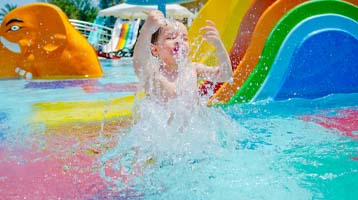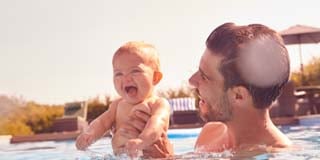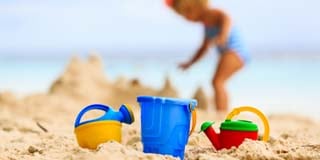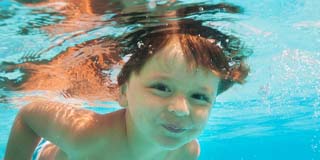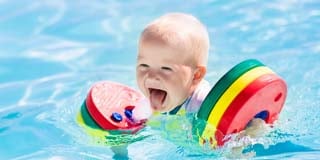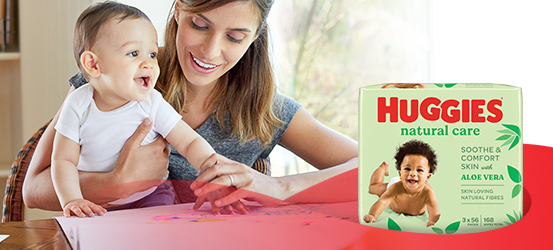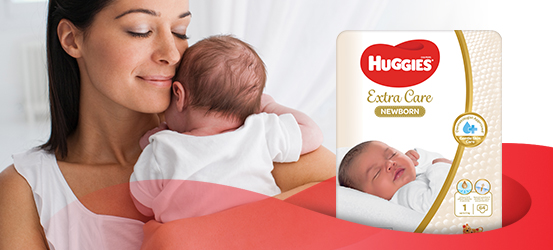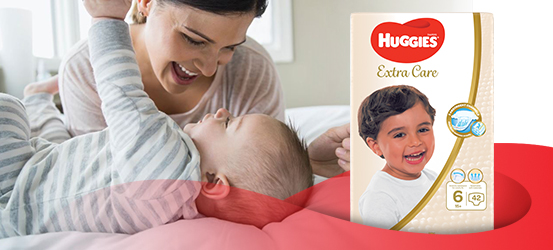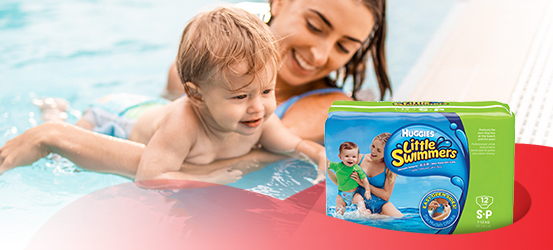Many parents are a little hesitant about introducing their infant into the world of swimming and the risk that accompanies it, whilst others like to get their infant swimming as early as possible. It is suggested that 6 months is the most common starting age for baby swim classes, but the choice is yours; there is no exact right age to get your little one swimming.
One of the main reasons that many parents teach their babies to swim is for safety. Simple supervision of your child in and around bodies of water is sometimes inadequate. Giving your child the skills to help themselves if they encounter trouble in a pool or similar environment is a great idea. Basic training means children from about 6-12 months can learn to hold their breath underwater; roll from a face-down position to a face-up position in the water and float.
These skills are extremely useful if your infant falls in the pool by mistake and can give your baby precious time until help arrives. Babies who take to it really well may also be able to propel themselves short distances through the water. Many people have a mixed view on floatation devices. They can be really good to keep your baby floating and help the water acclimatisation process but should never be relied on as the sole safety measure in place around water. Avoid overusing floatation devices as they can give your baby a false sense of security when it comes to swimming.
Infant swimming lessons
If you do want to take your child swimming, you can go about it in two ways, you can teach your child to swim yourself, or you can enrol your little one in professional swimming lessons. If you do enrol your child in a course, there are a few things to keep in mind:
-
Classes should be between 8 – 10 children only.
-
Lifeguards should be on duty at the pool or the instructor should have first aid training.
-
Water temperature needs to be around 30 °C.
-
The course has to have a good reputation among its current and past swimmers.
The lessons shouldn’t actually focus on swimming per se, but more on the safety aspects of being in the pool, like getting acclimatised to being in water and gaining confidence. Many of these swim schools aim to make swimming enjoyable, so your child learns about how to be comfortable in the water through fun and games.
Games can also include singing along to favourite nursery rhymes, such as Five Little Ducks, Little Green Frog or Row Row Row Your Boat. Many schools encourage you as a parent to get involved in the lessons, so expect to be called on to get all wet and have some fun with your child in the pool. This will also help your baby overcome any nerves and separation anxiety they might be feeling.
Even after numerous lessons and a lot of attention to making your pool area safe, there is no way to completely ‘drown-proof’ your baby. You should always be extra vigilant around water and never let your child out of your sight, no matter what their age.

